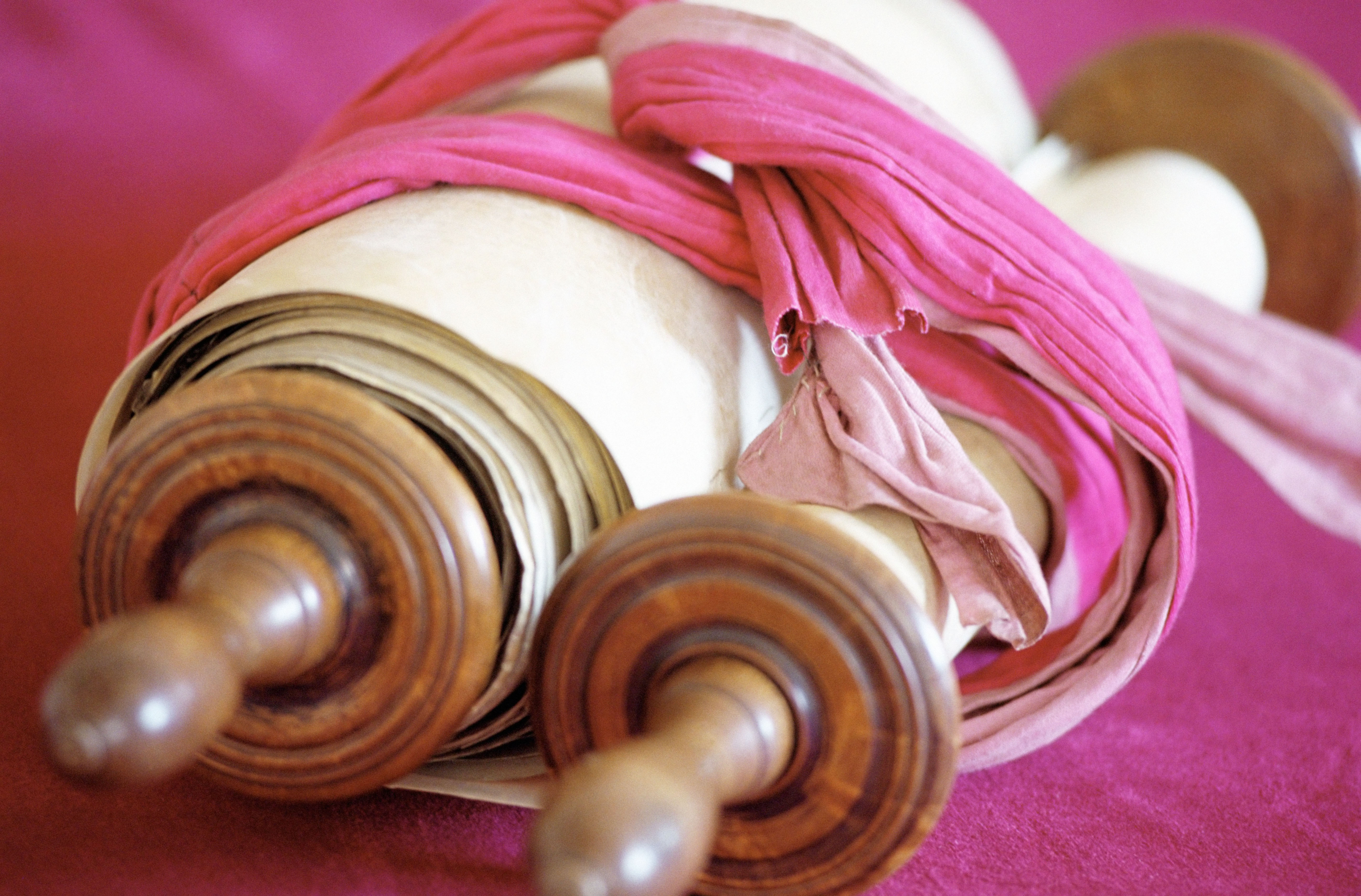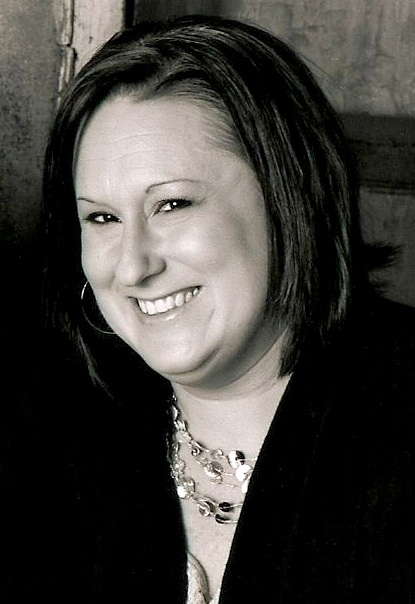
This past weekend, my women’s group, Congregation Gates of Prayer Sisterhood, was able to hold our annual Sisterhood Shabbat after missing it last year due to the pandemic. It is a beautiful Friday evening service full of feminist perspectives -- led entirely by women, with meaningful readings from WRJ’s Covenant books, using the tunes of mostly female singer/songwriters for our prayers, and complete with a rousing version of Debbie Friedman’s MiChamocha/Miriam’s Song where we danced through the aisles WRJ-style. As so many of us can relate to over the past two years, it was the ‘dancing of the women’ that brought me to tears remembering what I’ve so dearly missed, an overwhelming feeling of being closer to God.
In Parashah Vayikra (and God called), we begin the book of Leviticus (1:1-5:26). It starts by giving us detailed instructions relative to offering up the five types of sacrifices to be performed in the Temple in Jerusalem. The olah and minchah offerings asked God for forgiveness. The chatat was offered as an atonement for an unintentional sin. The asham, or guilt sacrifice, preceded the restoration of stolen or misappropriated property. Lastly, the offerings/sacrifices of zevach shelamim, the offering for peace and gratitude. Since the root of the word shelamim is shalom, which means “complete” (and also peace), Vayikra reminds us that our actions of doing good deeds can draw us nearer to God.
This Torah portion implies that in order for us to become closer to God, we must draw near through sacrifice or korban. The korban was a sacrificial act (usually an animal that was ritually slaughtered), proving one’s love for God. However, when the Temple was destroyed, the rabbis determined that prayer could replace sacrifice because it could be offered wherever people lived, whenever they desired it, and it did not require a Temple.
Is prayer as we know it today a means for drawing near to God? Personally, it is my involvement with Women of Reform Judaism and our commitment to sisterhood, spirituality, and social justice that continues to draw me closer to God. Whether it is through WRJ’s immediate response to a global emergency like the Ukraine refugee crisis, celebrating Women’s Voices in Israeli and Zionist Text, participating in a virtual Hamantaschen Bake with my WRJ North American sisters, or even bringing my Mardi Gras beads to Gates of Prayer Sisterhood Shabbat so they can be responsibly recycled, this is where is I find my place of peace and spiritual fulfillment.
Through acts of kindness, good deeds, and commitment to tikkun olam, my dedication to WRJ has always served as my own personal offering or korban, to create a more just and compassionate world for all people of all backgrounds and identities. And sometimes, it only takes a simple conga line with my WRJ sisters singing, clapping, and dancing to Miriam’s Song that reminds me where to find God.
Related Posts

Continuing to Educate and Empower People Together

My Challah-Making Experience


